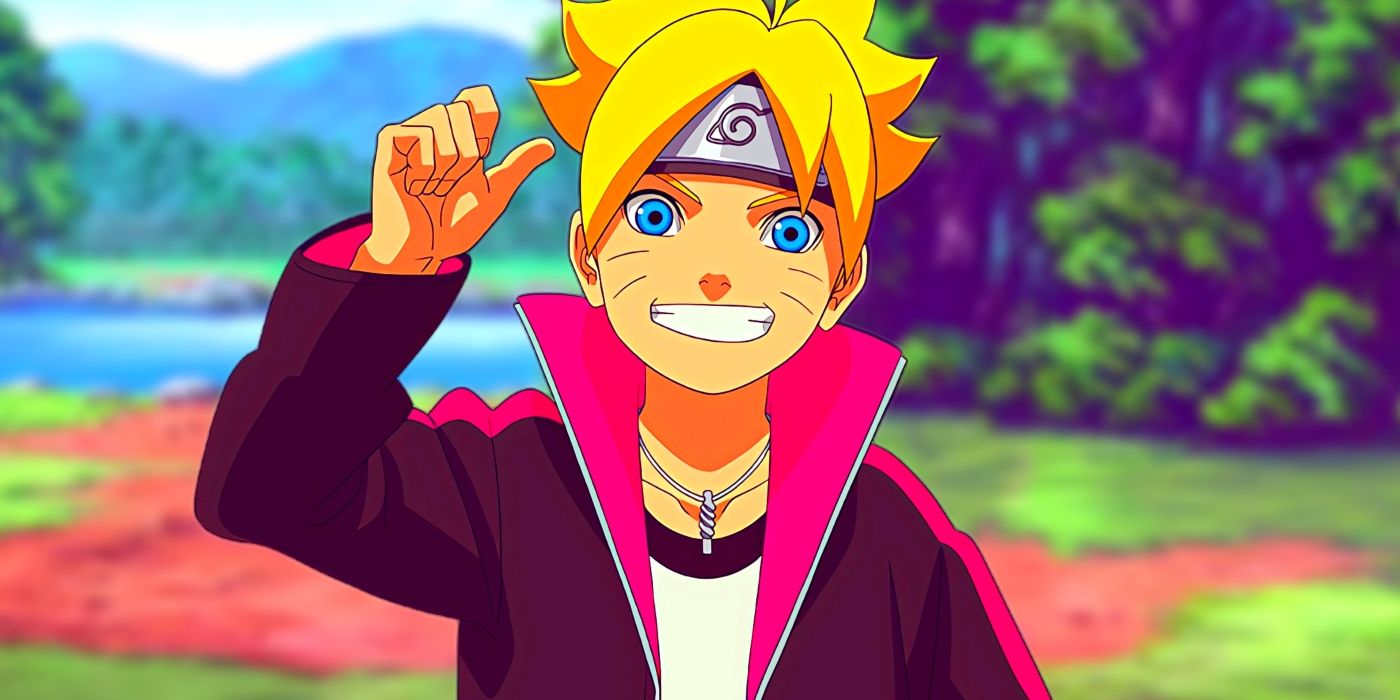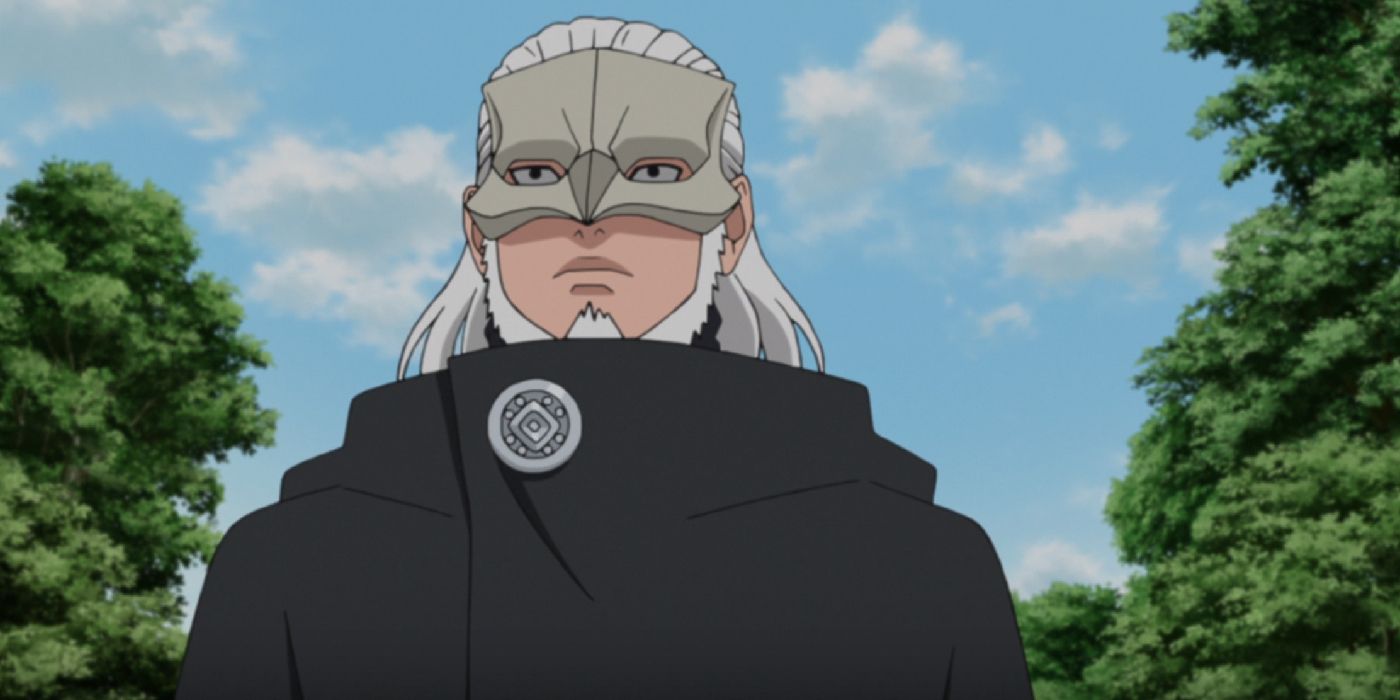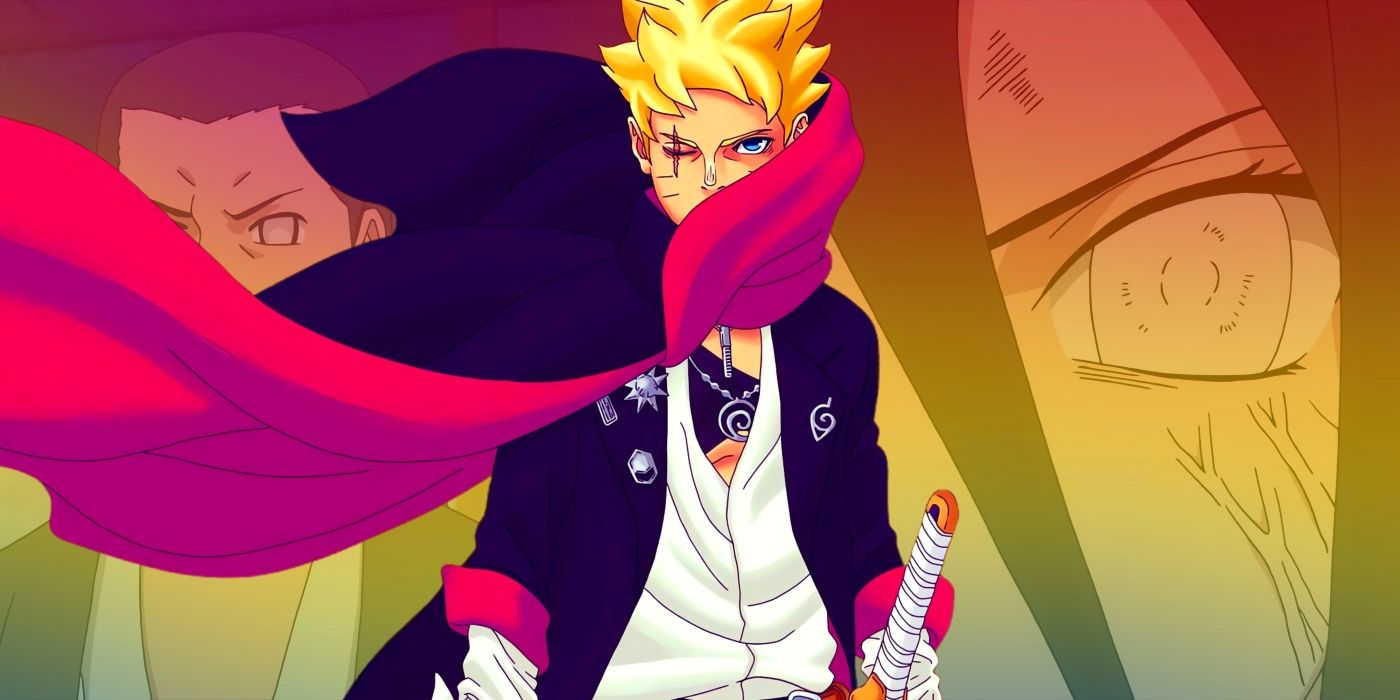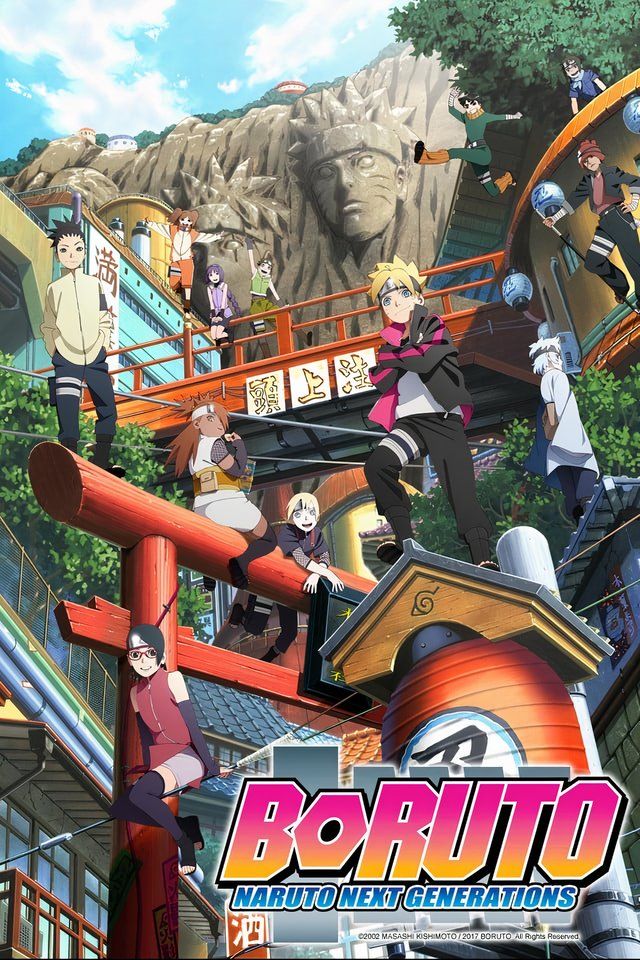When Boruto: Naruto Next Generations first began, it faced heavy criticism for its lighter tone and slow pacing. Many longtime fans of Naruto, a series that never shied away from war, trauma, and moral complexity, felt the sequel lacked the emotional depth that made the original so powerful. While it was enjoyable for younger audiences, older fans were left wondering if Boruto would ever grow up and confront the same level of serious storytelling that had defined its predecessor.
Now, those hopes are finally being realized. Boruto: Two Blue Vortex is steering the story into darker and more emotionally charged territory, and the results are stunning. Through manipulative schemes, tragic awakenings, and harrowing moral choices, Boruto is shedding its “safe” label and stepping into a more complex, painful world. Characters now grapple with life-altering consequences, true sacrifice, and haunting decisions. This evolution is revitalizing the franchise, making it not just a worthy sequel but a powerful story in its own right.
Koji Kashin’s Ruthless Manipulation of Sarada
Puppet Master Tactics: How Koji Forced Sarada’s Evolution
One of the clearest signs of the series’ darker direction comes from Koji Kashin’s shocking manipulations. By deliberately preventing Boruto from rushing in to help Sarada during a critical battle, Koji makes sure that she experiences an overwhelming trauma, which is a necessary catalyst for awakening the Mangekyō Sharingan. It is a move that feels cold, calculated, and utterly heartless, showing that in this new Boruto, mentors are willing to cross lines that previous generations would not dare.

Related
“It’s Confirmed”: Boruto Announces Its Anime Return as Studio Pierrot Locks Down Part 2
Naruto’s sequel spin-off series, Boruto, has finally been confirmed for a long-awaited second season after much debate about its continuation.
This shift in mentor-student dynamics highlights the darker reality of power development in the shinobi world. In Naruto, mentors like Kakashi and Jiraiya encouraged growth through tough love, but they never deliberately orchestrated tragedies. Koji’s actions redefine what mentorship means, turning it into a game of emotional puppeteering where pain is not just a byproduct but a tool. This manipulation introduces a dangerous precedent that could affect how future ninjas evolve, and it is a thrillingly dark narrative turn.
Even more disturbing is the cost of this manipulation, which is the death of Yodo. Without Yodo’s tragic end, Sarada would not have reached the emotional despair needed for her Sharingan to evolve. Koji’s interference, therefore, indirectly caused a young life to be lost, which is a burden Sarada will now carry forever. This is not the kind of clean, heroic awakening audiences are used to; it is messy, morally compromised, and psychologically devastating. It marks a major tonal shift for Boruto, showing that power in this world comes at an unforgiving price.
Sarada’s Black Hole Kill Was a Gruesome Turning Point
When Heroes Kill: The Moment Sarada Shattered Her Innocence
Another jaw-dropping indicator of Boruto’s darker path is Sarada’s confrontation with Ryu. In an unprecedented act of brutality, Sarada uses her newfound powers to suck Ryu into a black hole, effectively erasing him from existence. While Naruto did kill one opponent during his series (specifically, during his battle with Yura while under Itachi’s genjutsu), that death was quick and almost clinical. In contrast, Ryu’s death is horrifying, drawn-out, and leaves little room for mercy.
This moment forces readers to reevaluate their understanding of Sarada. Throughout the series, she had been portrayed as one of the most idealistic and justice-driven characters. Yet faced with a threat and armed with overwhelming power, she chooses a final, irreversible solution. There is no negotiation, no attempt at redemption, just pure, devastating force. The scene is a far cry from Naruto’s repeated pleas for peace and understanding, signaling that this new generation is moving toward a harsher, more pragmatic philosophy.
Sarada’s use of this power reflects the series’ shift into existential themes of loss, irreversible change, and the annihilation of innocence.
The black hole imagery itself symbolizes more than just death; it represents obliteration, a complete void where nothing remains. Sarada’s use of this power reflects the series’ shift into existential themes of loss, irreversible change, and the annihilation of innocence. She can never return to being the same hopeful, untainted ninja she once was. This irreversible act permanently alters her character arc and signals to fans that, in Boruto, choices have weighty, often unbearable consequences.
Why Embracing Darkness Is Saving the Boruto Franchise
Why Darkness Is the Best Thing to Happen to Boruto
For years, Boruto struggled to find its voice. Early arcs felt disconnected, bogged down by filler episodes and an overly cheerful tone that clashed with the intense legacy of Naruto. It often seemed like the stakes were too low, with victories coming too easily and friendships healing too quickly. There was a notable absence of the kind of soul-wrenching moments that defined the original series. However, by finally embracing a darker narrative, Boruto is rediscovering what made its predecessor so compelling with its emotional risk, complex morality, and genuine tragedy.
The decision to introduce moral ambiguity is a crucial part of this transformation. Koji’s manipulation and Sarada’s lethal choice force readers to sit with the uncomfortable questions of whether it is right to engineer suffering for the sake of power, and can a hero still be called a hero after choosing to kill so decisively? These are the kinds of ethical quandaries that take a story from simple entertainment to something deeply resonant and thought-provoking on a different scale. Boruto no longer treats trauma as a narrative inconvenience, it acknowledges it as a defining part of growth.
This tonal shift allows Boruto to carve out its own identity.
Perhaps most significantly, this tonal shift allows Boruto to carve out its own identity. Instead of merely living in the shadow of Naruto, it becomes a spiritual successor that dares to explore even darker terrain. By showing that the next generation faces challenges every bit as heartbreaking, and arguably more brutal, than those that came before, Boruto is creating a story that is both an homage and an evolution. Darkness, when handled thoughtfully, doesn’t diminish the world of Boruto, it deepens it, strengthens it, and ensures that its legacy will endure.






















